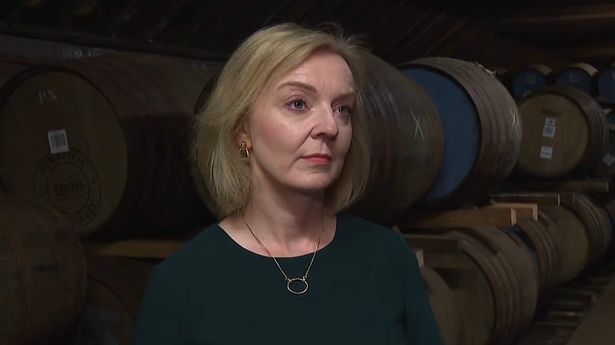Premier Liz Truss has reportedly blocked her energy secretary from running a £15 million publicity campaign encouraging homes to cut energy consumption.
The Times this morning reports disagreement between No 10 and D-BEIS over adverts and media spend already authorised by Jacob Rees-Mogg, committing public money towards a ‘nudge’ initiative.
Nuanced to avoid supposedly ‘nannyish’ calls to consumers to turn down thermostats, the initiative would still have encouraged them to save up to £300 per year, through steps such as turning down radiators and switching off heating when homes are vacated.
Print and broadcast media were to be used in the campaign, according to the report.
Describing Truss’ objections as ‘ideologically motivated’, the Times says the PM cavilled that such information is already available from other sources.
In her recent leader’s speech at the Conservatives’ conference, Truss told members that “I’m not going to tell you what to do, or what to think, or how to live your life”.
An anonymous source within government decried Truss’s “stupid decision” to the paper. “The campaign was entirely practical, it was about saving people money,” they said. “It wasn’t about lecturing them.”
Despite increased government financial support for homes and businesses in the wake of tariff hikes of 100% and more, estimates of British homes likely to be forced into fuel poverty this winter range from 7 million, by the End Fuel Poverty Coalition to 11 million, or half, by EDF UK chief executive Philippe Commaret
The supposed spat between Truss, a former Shell UK accountant, and Rees-Mogg comes amid initiatives by grid operators and suppliers to encourage consumers both household and corporate to minimise or shift energy usage.
Attempting to free up 2GW of demand across its backbone operations, National Grid plans from 1 November to launch a new demand flexibility service, encouraging power retailers to ask bill payers to use shift loads outside peak periods.
Interest in the plan already exists from large commercial users, says the gridco.
Supplier Ovo Energy will from November until March reward its consumers with £20 for every month in which they undershoot by 87.5% their normal consumption during the peak three hours up until 19:00hrs.
That early evening period takes up around 19% of the retailer’s normal daily supply, it calculates, increasing both pressure on the grid as well as on its own resources.
Households can meet the target, says Ovo, by shifting three complete laundry loads every week into quieter times such as overnight.




